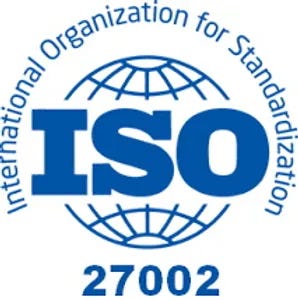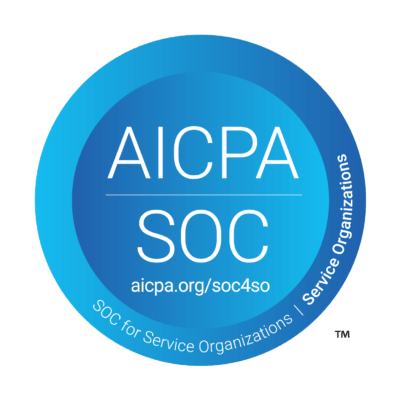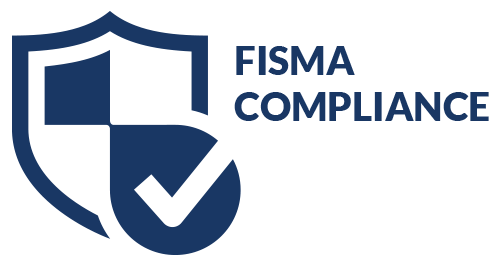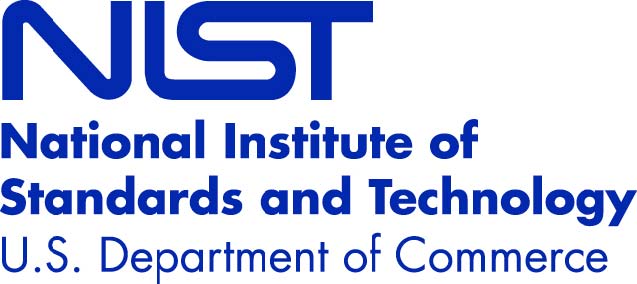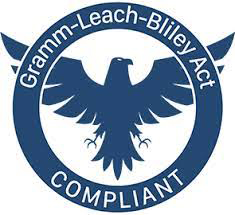In the complex landscape of healthcare reimbursement, providers often find themselves grappling with the challenges of payor denials. These denials pose significant financial obstacles and impede the ability of healthcare institutions to invest in crucial advancements that enhance patient care and outcomes.
The Costly Battle Against Payor Denials
9.1%
Denial Rates and
Revenue Loss
$262
Billion annually cost of Denials
17% increase
Insurance Companies’ Revenue Growth
35% of denied claims
Unappealed Claims
According to a 2023 report by the American Hospital Association (AHA), healthcare providers face an average denial rate of 9.1%, contributing to significant revenue losses. The Healthcare Financial Management Association (HFMA) estimates that the total cost of denials, including administrative and operational expenses, exceeds $262 billion annually. Meanwhile, insurance companies continue to experience record revenue growth, with the National Association of Insurance Commissioners (NAIC) reporting a 17% increase in health insurers’ net income in 2023, reaching over $30 billion. This growing disparity places immense financial pressure on providers.
The Waiting Game: Impact on Providers and Patients
Insurance companies sometimes experience delays in processing reimbursements and completing the adjudication process. This tactic imposes significant strain on providers, who must navigate a complex landscape of appeals and administrative burdens. Research by the American Medical Association (AMA) shows that nearly 35% of claim denials go unappealed, leading to lost revenue and disruptions in patient care. Consequently, patients may face delays as providers struggle to recover rightful reimbursements.
The Strategic Advantage of Advanced Technology Partnerships
Providers who leverage partnerships with industry leaders utilizing advanced technology experience significant advantages. These partnerships bring powerful tools such as Large Language Models (LLMs), data analysis, AI, and Intelligent Document Processing (IDP) engineering into play.
Predicting Payor Behavior and Building Effective Appeals
Advanced technologies enable these providers to predict payor behavior and denial strategies with remarkable accuracy. AI and data analysis tools identify patterns and trends in denial practices, allowing providers to develop highly tailored appeal strategies. By leveraging these insights, providers can meticulously document case histories and craft appeal responses that address both current and future arguments from payors. This proactive approach significantly enhances the likelihood of overturning denials quickly and efficiently, recovering previously lost or delayed revenue.
Key Advantages for Providers using TSI Proprietary Pulse Denial Management Solution:
Financial Efficiency
Providers leveraging these advanced technologies benefit from streamlined operations and improved revenue cycle efficiencies. AI-driven solutions and LLMs automate claim processing and develop strategic appeals, resulting in faster reimbursements and reduced revenue loss.
Predictive Capabilities
The use of AI and data analysis enables accurate predictions of payor behavior and denial strategies. This foresight allows for the construction of robust appeal arguments and comprehensive documentation, effectively countering potential payor counterarguments.
Enhanced Technology Integration
Incorporating IDP engineering and sophisticated data analysis allows for precise handling of complex claim data, minimizing errors and optimizing workflow. This integration leads to more effective appeals and quicker resolution of denied claims.
Strategic Focus
Providers can refocus internal resources on core competencies such as patient care and research, rather than managing the complexities of denial management and revenue recovery.
Conclusion
For healthcare providers, the battle against payor denials requires more than just internal efforts—it demands strategic partnerships with technology leaders. Providers who engage with partners adept in advanced technologies such as LLMs, AI, and IDP engineering not only safeguard their financial health but also achieve substantial improvements in revenue recovery. This proactive and technology-driven approach enables providers to maintain financial stability and invest in advancements that enhance patient care and outcomes.
In navigating the intricate world of denial management, partnering with a technologically advanced ally is not just a strategic choice—it’s a crucial step towards achieving long-term financial success and delivering exceptional care to patients.
If you are interested in learning more about TSI’s solution, please contact Justine Mathews at 863-698-9769 or justine.mathews@tsico.com.
References:
- American Hospital Association. (2023). Trends in Denial Management: A Comprehensive Review.
- Healthcare Financial Management Association. (2023). The Cost of Claim Denials: Financial Implications and Strategies.
- National Association of Insurance Commissioners. (2023). Annual Report on Health Insurance Industry Financial Performance.
- American Medical Association. (2023). Impact of Claim Denials on Healthcare Providers and Patient Care.
